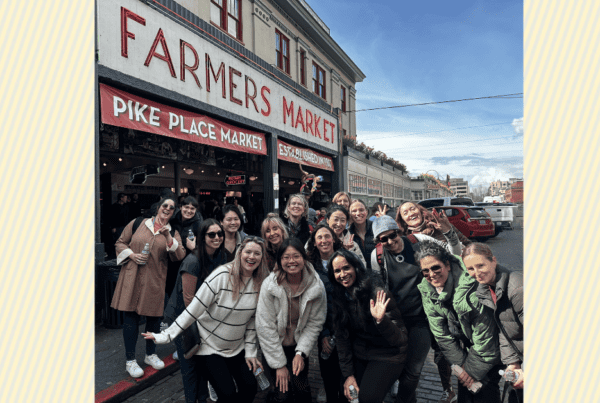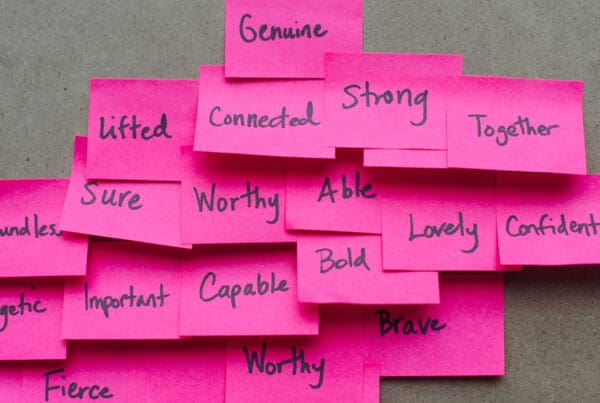Highlights | Looking toward a healthy future
- September is Healthy Aging Month.
- It’s never too late to start preparing for a healthy future.
- Your diet, exercise and levels of stress are factors that impact your health.
- It’s more important to be consistent, not perfect, when practicing habits that help guide you into older age.
Geriatricians Katherine Bennett, MD, and May Reed, MD, are in the business of promoting well-being with age.
“Many people spend their early and middle adult years caring for others more than themselves,” says Reed, medical director of the Senior Care Clinic at Harborview Medical Center.
Healthcare workers, especially, can share this sentiment. While caring for others — from patients at work to friends and family at home — can be fulfilling, it can also have its moments of stress. And stress, along with other factors like loneliness, poor sleep and diet, negatively affects the aging process.
“That being said, it is never too late to start. Even small changes much later in life can impact your health and well-being in a positive way,” says Bennett, a physician at the Senior Care Clinic at Harborview Medical Center.
Here are six small, manageable habits from gerontologists that you can start now and that will have your future self saying, “Thank you.”
Exercise
If possible, at least 20 to 30 minutes of exercise four or more times per week is a great way to keep your body healthy now and years down the road. Combining aerobic activities such as running, cycling, swimming or brisk walking with weight-bearing exercise and resistance or strength training is recommended. This combination is good for your heart, your bones and your muscles.
Limit added sugars
Yes, it’s hard to ignore a sweet tooth, but a high-sugar diet isn’t good for your heart and can set you up for diseases like fatty liver and diabetes. Try to limit your consumption of foods with a lot of added sugars.
Consistent sleep
Finding time for adequate sleep can be hard. However, Reed and Bennett say prioritizing sleep will pay off in the long run. Aim to get seven to eight hours of sleep to allow your body the time it needs to recoup from your day. Getting adequate rest can help reduce your risk of heart disease and can help preserve your cognitive and immune functions.
Watch your stress level
High stress levels can be hard on your body. This happens because stress can cause telomeres, DNA-protein structures found at the ends of each chromosome, to shorten faster, ultimately affecting someone’s health and lifespan.
Telomere length naturally shortens with age, but an increased amount of stress can expedite the process. Severe, long-term stress can also increase levels of inflammation, which can contribute to or accelerate many diseases. Unmanaged stress is also associated with cardiovascular, neurodegenerative and autoimmune disorders and more.
There’s no quick fix for stress, but practicing mindfulness, using a creative outlet, doing restorative yoga or stretching a few minutes every day after a long day at work or caring for patients is a good start.
Spend time with friends
“Both stress and social relationships are very impactful on health,” says Bennett. “Loneliness and social isolation are huge public health concerns. Studies have shown that prolonged loneliness may be as impactful on your health as smoking 15 cigarettes per day.”
Bennett also explains that loneliness in older adults increases the risk of various health conditions, increases the likelihood of being admitted to nursing homes and needing emergency room care, and increases the likelihood of needing assistance with common daily tasks.
Eat fruits and veggies
Fruits and veggies — especially those with various colors — nourish your body with nutrients. Try to eat five to nine servings a day.
It’s not too late
Whether you’re still in your 20s or you’re in your 70s (or older), you can decide at any time to start daily habits that can help in the long haul.
Plus, as Reed likes to say, “You’re never too old to act young.”


